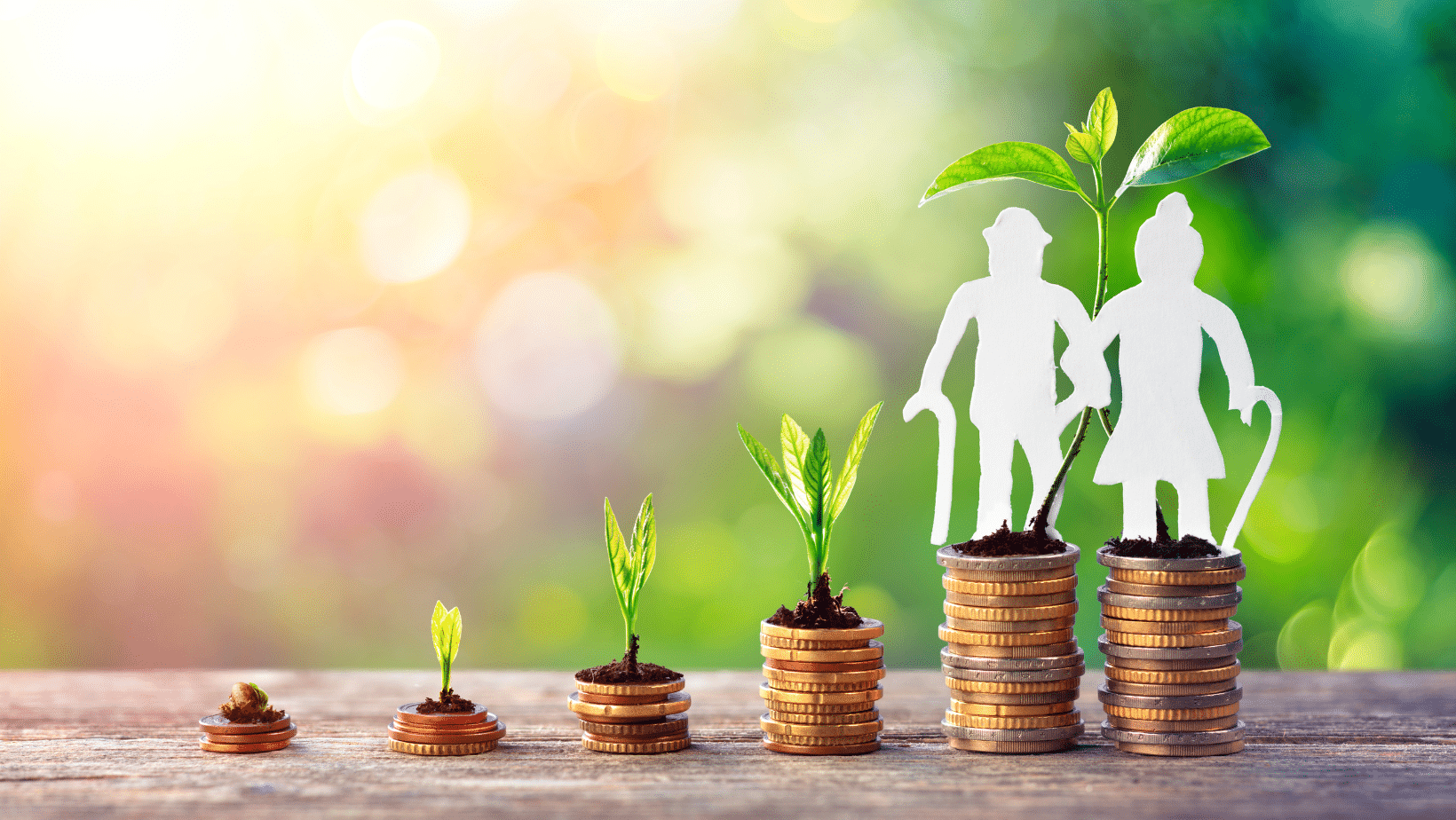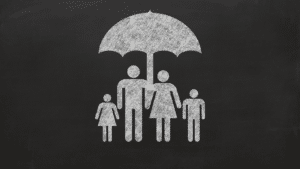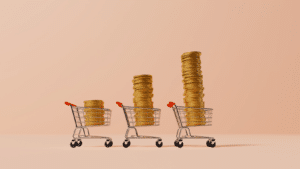
The coronavirus has affected us all in many ways. This pandemic has had an immense impact on our physical well-being and our mental health, as well as our finances. This virus has spread throughout the globe and as many businesses are forced to cease operation, people worldwide are losing jobs at record rates.
Roughly 22 million Americans filed unemployment claims over a four-week period starting March 14 – marking a record-breaking high for the U.S. Department of Labor.1 These numbers are unprecedented as everyone everywhere struggles to make ends meet amidst this widespread pandemic.
For those struggling financially, how do we begin recovering from this? Here are some critical next steps for those impacted by the first-hand economic effects of the COVID-19 pandemic.
Step #1: Reevaluate Your Spending
Whether you suddenly have a stop in income, a decrease in your paycheck or you’re now reliant on financial assistance from the government, any change in your normal cash flow is a reason to look at your spending.
Even though it may seem obvious, it should be done immediately and with care. You should look over your weekly or monthly budget to determine any non-essential costs that can be eliminated. Since many businesses you may have frequented are likely not open anyway, you should consider reallocating any money normally budgeted for this to cover other necessary expenses. Any money that may have been budgeted for a night out at a restaurant or a movie ticket could be used to start or contribute to an emergency fund instead.
Step #2: Acknowledge the Change
These times are unprecedented and are affecting the lives of nearly everyone across the globe. We are all fighting the spread of a deadly virus while people in a wide variety of industries – hospitality, retail, food, travel and more – have been left jobless for the foreseeable future.
Our current circumstances are likely to have made many stressed, angry, sad and devastated emotionally. When it comes to standing tall and moving forward financially, the sooner you can recognize the emotional toll these global events have had and come to terms with the “new normal,” the sooner you can begin planning ahead.
Part of this acceptance is recognizing any bad habits you might have, specifically financial spending habits triggered by stress. If you like to “take the edge off” with online shopping or use eating out as a way to cheer yourself up, now is a good time to practice restraint. When you become aware that these are emotional responses, you can try to come up with other ways this money may be better spent, such as paying off debt, putting it into savings or creating an emergency fund.
Step #3: Be Aware of Changing Policies
Both federal and state governments have been working hard to accommodate out-of-work citizens. Legislation has been passed in an effort to amp up benefits for unemployed individuals. Some local governments have made it illegal for power and utilities to be shut off due to a missed payment during the pandemic and others have urged landlords to halt rent payments temporarily.
Even some insurance agencies and gyms have paused memberships or reduced rates in an effort to accommodate out-of-work individuals. Given the current situation with so many struggling, many companies have created more lenient payment policies. If you are unable to pay certain monthly bills, you should begin contacting those companies or agencies immediately since they may be willing to assist you.
The COVID-19 pandemic has created a great feeling of uncertainty about the future for most of us. If you are struggling financially, you are certainly not alone. There are resources available to you now, such as stimulus checks and unemployment insurance, to help make this time a little easier. However, if you still have concerns about how to move forward financially during these trying times, please contact us. We are here to help and we are all in this together!



